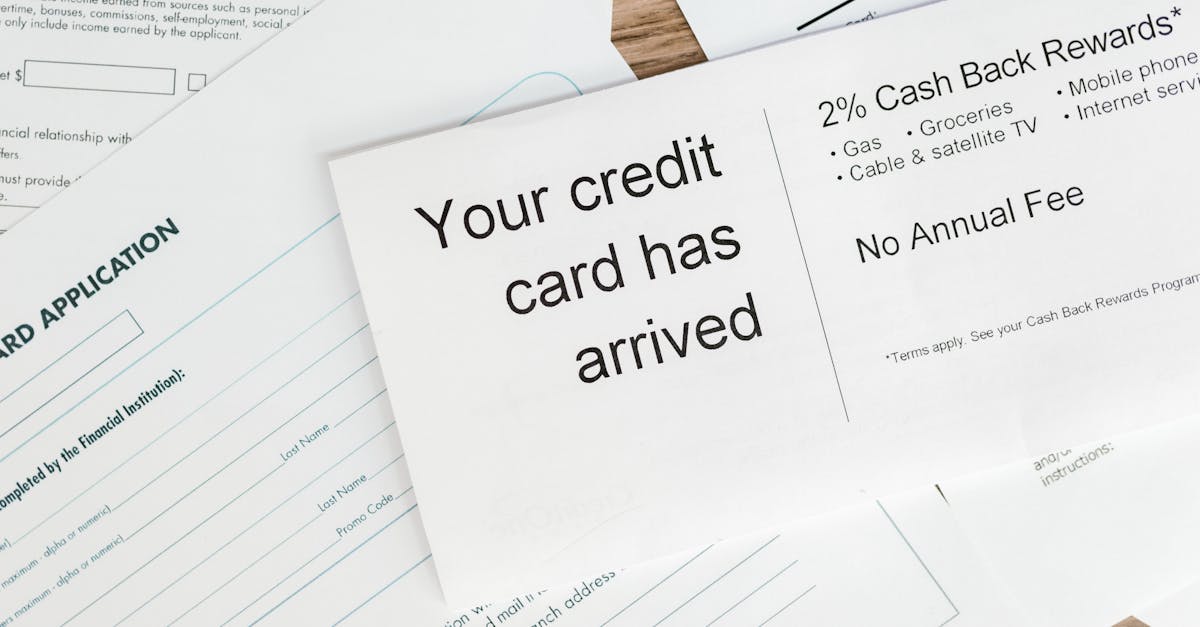Published on:
8 min read
Master Your Finances: The Ultimate Guide to Debt Consolidation Success
Struggling with debt can feel overwhelming, but debt consolidation offers a clear path to financial freedom. In this guide, we’ll explore strategies, benefits, and tips for successfully consolidating your debts.

Understanding Debt Consolidation
Debt consolidation is the process of combining multiple debts into a single loan to simplify repayment. Individuals who are handling various debts, such as credit card balances, personal loans, and medical bills, often find it challenging to keep track of multiple payment due dates and interest rates. By consolidating these debts, you can potentially reduce your overall interest rate and lower your monthly payments. This approach can significantly ease the burden of debt management, allowing you to focus on regaining financial stability. Understanding the terms and potential pitfalls of debt consolidation is essential to ensure it aligns with your financial goals.
Benefits of Debt Consolidation
One of the primary benefits of debt consolidation is the potential for lower interest rates. If you're able to secure a consolidation loan with a lower rate than your existing debts, you can save money over time. Additionally, debt consolidation simplifies your monthly finances by merging your payments into one. This not only makes budgeting easier but also can improve your credit score, as you may be able to pay down debts more consistently. Moreover, some consolidation options provide access to financial education resources, helping you develop better budgeting and spending habits for the future.
Tips for Successful Debt Consolidation
For effective debt consolidation, it’s crucial to do your research. Compare different lenders and types of loans to find the best fit for your financial situation. Consider speaking with a financial advisor or credit counselor to understand your options. Create a detailed budget that outlines your income and expenses, ensuring you can manage the new payment structure comfortably. Avoid falling into the same traps after consolidation. Make a commitment to refrain from accumulating new debt while paying off existing balances. Building an emergency fund can also help you avoid future financial strain.
Conclusion: Taking Control of Your Financial Future
Debt consolidation can be a powerful tool in your financial toolbox, paving the way to debt relief and a healthier financial future. By thoroughly understanding your options, leveraging the benefits of consolidation, and adhering to practical tips, you can master your finances and regain control. Remember, the ultimate goal is not just to manage your debt but to establish a solid foundation for lasting financial wellness.
Published on .
Share now!










